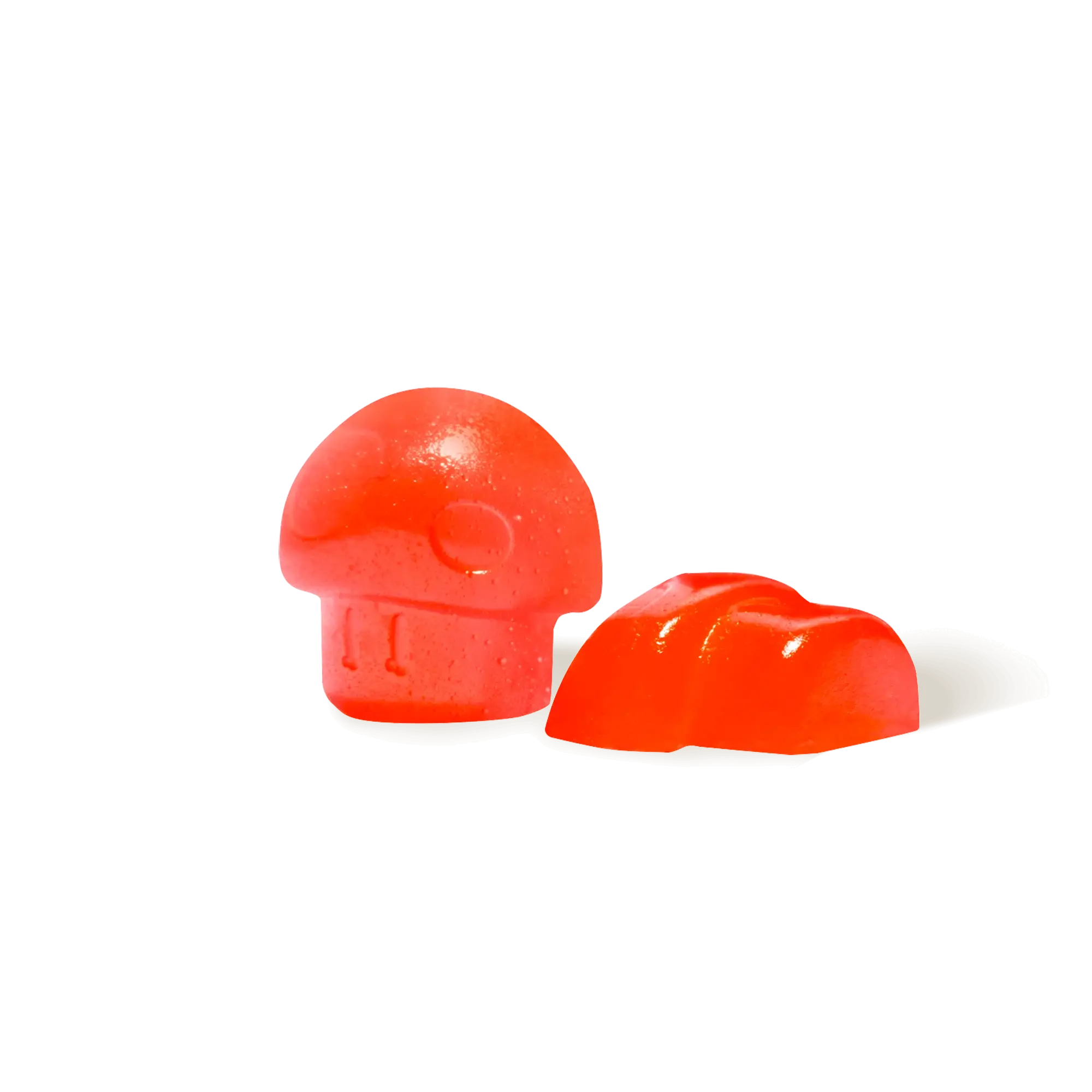New Age Therapy
Modern therapy techniques involve a range of approaches designed to address mental health concerns and promote psychological well-being. As the human mind is an extraordinarily complex organ, there is no ‘one model fits all’ approach to therapy and mental health. We can see this truth in the multitude of innovative interventions that are currently available.
Cognitive Behavioural Therapy (CBT) is one of the most widely practiced and researched forms of therapy. This technique focuses on identifying and challenging negative thought patterns and behaviours, aiming to replace them with healthier alternatives. Dialectical Behaviour Therapy (DBT) combines elements of CBT and mindfulness practices to drive patients into acceptance and validation of current reality, while still encoring change. Finally, Acceptance and Commitment Therapy (ACT) encourages patients to embrace their thoughts and feelings rather than attempting to control and suppress them. Mindfulness-Based Cognitive Therapy (MBCT) and Mindfulness-Based Stress Reduction (MBSR) are other examples of therapies that give patients tools to handle a range of symptoms, from anxiety, depression, chronic pain, and stress-related disorders. This is by no means an exhaustive list of available therapies and their goals, but they encompass those most commonly practiced by licensed practitioners. You might have noticed that all these forms of therapy have something in common. They attempt to foster psychological flexibility, adjust deeply ingrained thought patterns, and break down walls between the patient and their own emotional state. In recent years, these goals have led to an interesting application within the world of psychedelics, such as magic mushrooms.
Psychedelic-Assisted Therapy is an emerging field of psychotherapy that has seen success in a multitude of cases, including treatment resistant depression, end-of-life despair and PTSD. The improvements that patients seem to receive from this combined approach seems to be linked to the effects that psychedelics can have on the human mind. For example, the current legal and decriminalized state of psychedelics in Jamaica has made the perfect grounds for a budding medical psychedelic industry. This has been accompanied by the creation of multiple retreats, as well as increased psychedelic research in the country.
Magic Mushrooms and Psychological Effects
Magic Mushrooms can come in many shapes and sizes. And of course, as a result, with a variety of effects and levels of intensity. The overall effect is dependent on the species of mushroom, the concentration within, an individual’s mindset, their weight, metabolism, and tolerance. If you want to read more about magic mushrooms and its effects, we have an article going deeper into that topic as well. As a small reminder, when ingested, the effects produced can be categorized into:
- Altered State of Consciousness
- Altered perception of time and space
- Heightened sensory experiences such as intensified taste, touch, and sound
- Vivid visual hallucinations
With this list of effects, it is not strange that there has been an interest in psychedelic-assisted therapy. As we said earlier, therapy attempts to foster psychological flexibility, adjust deeply ingrained thought patterns, and break down walls between the patient and their own emotional state. These thought patterns, walls and ‘psychological inflexibility’ can be greatly affected by an altered state of consciousness. Patients seem to report profound experiences from the use of psychedelics, and when accompanied with a concentrated effort towards mental health, it can have interesting additional effects. The general theory behind this is that this altered state of consciousness allows an individual to leave behind psychological barriers such as, for example, ego, which prevents them from seeing their situation in the light needed to change it. In conclusion, this substance seems to facilitate transformative experiences and enhance emotional processing. This can lead to making ‘breakthroughs’ more attainable to patients.
Magic Mushrooms and Clinical Studies
The question is still here: what can magic mushrooms help with? While there is not a definitive answer, there are a range of clinical studies we can reach for that shows promise.
Some of the first clinical research that was conducted on psilocybin in 2011 was its potential use in treating anxiety symptoms in patients with cancer. The results show a safe psychological and physiological response to treatment, with a clear revealed improvement of mood that reached its highest significance after 6 months of low doses. The general data trended positively towards improved mood and lessened anxiety.
In terms of tobacco addiction, there was a study in 2014 that show modestly successful help at the 6-month mark. With growing positive evidence that the use of specific receptors tied to magic mushrooms, when activated, may be useful in the treatment of tobacco addiction. This research was specifically a group of individuals who had previously had unsuccessful attempts at quitting. Furthermore, it was combined with CBT therapy. Once again, there were no significant adverse effects outside of mildly elevated heart rate for about 2 hours after drug ingestion. In this study, 80% of the participants managed to maintain abstinence at the 6-month follow up.
Finally, sponsored by the Heffter Research Institute, which is supportive in research investigating the therapeutic application of psilocybin, an interesting study was released in 2015. This research focused on suicidality and depression. The researchers collected a huge database of patients as well as their collected past-year suicidal thinking, suicidal planning, and suicidal attempts. In these groups, they compared the 12,724 individuals who used psychedelics against the 6,963 individuals who had not used it within their lifetime. Within these groups, past-year suicidal thinking and planning were statistically significantly lower in the psychedelic group than the non-psychedelic group. The same was found for the general level of psychological distress. Based on this large collection of data, it seems that the psychedelic-using group had better statistics around this issue than the non-psychedelic group. This would kick-start additional research into depression when it comes to psychedelics.
An Uncertain Future for Medicine
The future of psychedelic-assisted therapy remains somewhat uncertain. The integration of this alternative approach to modern mental healthcare clearly has potential. However, the legal and professional landscape within medicine still faces a multitude of challenges. First and foremost, the legal aspect of supply is something that a lot of countries simply cannot overcome. There is currently an increase in support of legislation in, for example America, to have a similar set up as Jamaica. Furthermore, there are a wide variety of professionals who obtained their education during years where mind-altering substances were heavily criminalized. This can lead to a bias as to what these substances actually do and can do in educated hands.
The growing body of research on these substances highlight the need to continue exploring its potential. Overall, psychedelics and magic mushrooms hold potential as a tool for personal healing, growth, and transformation. By prioritizing patient safety, informed consent, and evidence-based practice, we can harness this potential and maximise the benefits for those in need.
Magic Mushrooms FAQ
What does it feel like to take magic mushrooms?
While the effects vary depending on the individual, people will report feelings of euphoria, contemplation, and even altered perceptions of temperature, time, space, and more.
Are there health benefits of magic mushrooms?
Researchers believe that there is a potential for this substance to help with the curbing of different addictions. This includes nicotine alcohol, cocaine, and perhaps even opioids.
How can magic mushrooms help with addiction and depression?
The current suspicion of researchers is that the drug adjusts how individuals change their behaviour by making them more ‘open’. In multiple psychological aliments, people are stuck in a narrow mental and behavioural pattern that is difficult to break out of. Magic mushrooms can potentially help individuals in jumping outside of these self-reinforcing patterns into new and healthier ones.
How long does magic mushrooms stay in your system?
Most magic mushrooms have a half life of about 2-6 hours, which means depending on inhalation or ingestion as well as amount taken, it can vary. Generally speaking, however, the effects of the substance should subside within 4-8 hours. After this, it stays in your system for about 48 hours. Some byproducts of the drug can be detected after ingestion, but the capacity of equipment to do this varies wildly. Some suggest that it cannot be detected after 13 hours, and others 90 days.
What is microdosing?
Microdosing is a small standard dose taken over time, often used to ‘enhance’ mood, creativity, and productivity. Especially recently, this has become a common and sought after practice for individuals in their use of magic mushrooms.


